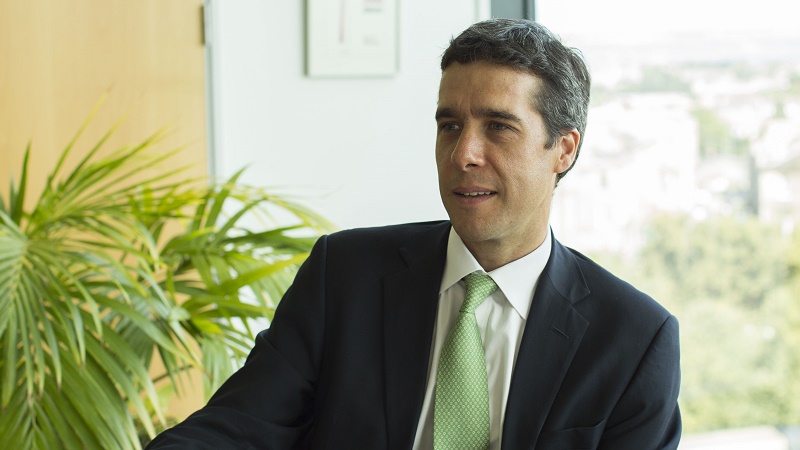Baillie Gifford has slammed the asset management gravy train, which prizes asset gathering over value creation and has created an overcrowded marketplace where “there are too many people charging too much”.
In a paper titled Riding the Gravy Train, partner Tom Coutts (pictured) takes aim at his fellow industry peers for charging too much for products, benchmarking performance against time horizons that are too short and putting their own self-interest above client outcomes.
The interests of fund groups and clients are misaligned because of the way fees are calculated relative to the level of assets under management, he said.
Firms will initially lure clients with promises of delivering differentiation and genuine active management but once those clients have been won, the manager has an incentive to hold on to the assets for as long as possible.
“The simplest way to do this is to avoid taking risk by staying close to the index. While doing so may minimise the likelihood of poor relative returns, it also, of course, minimises the likelihood of good ones, condemning many clients to expensive mediocrity in their investment results,” said Coutts.
‘Peak gravy’
The industry’s current fee structure encourages asset gathering and has created a perverse risk and reward dynamic which “leaves the manager’s reward guaranteed … and the client bearing the risk of an uncertain outcome,” he said.
But this behaviour is unsustainable, writes Coutts. The industry has reached a point of “peak gravy” or the maximum rate at which it can extract value from clients’ assets.
With assets sucked dry, the industry should see profits fall, a development Coutts views as “unambiguously good”. “The euthanasia of some of these particular rentiers is long overdue,” he said.
Alternative to ‘two and 20’ fees
The investment management industry of the future “should be smaller” and “should bear more of its own costs”, he said.
“There are currently too many spoons in the bowl, too many managers extracting rent from the assets belonging to long-term savers. As in any other industry, firms offering me-too products or failing to add value for their clients should go out of business.”
On fees Coutts proposes fund groups charge a small levy to keep the lights on and link most of their charges to the performance of their funds.
“Instead of the hedge fund industry’s infamous ‘two-and-twenty’, we would end up with something closer to ‘point-two-and-twenty’, striking a far better balance between the interests of client and manager,” he said.
Price versus value
The industry also needs to do a better job of drawing a clear distinction between price and value, Coutts said.
Comparing the investment industry with the US grocery industry in the 1960’s before Walmart burst onto the scene, he said “there are too many people charging too much”. It’s “no wonder our clients’ focus has shifted largely to price”.
Coutts believes that a “decent proportion” of assets should be allocated to passive managers, the “Walmart of the investment industry,” to accommodate the large pool of investors that want simple products at a low price. For the other part of the market that is willing to spend slightly more for a better product, “that product needs to be genuinely better so that those clients really are getting value for money”.
Similarly, passive funds “must actually be low cost,” he said. “There are tracker funds in the UK with annual management fees of 1%.”







